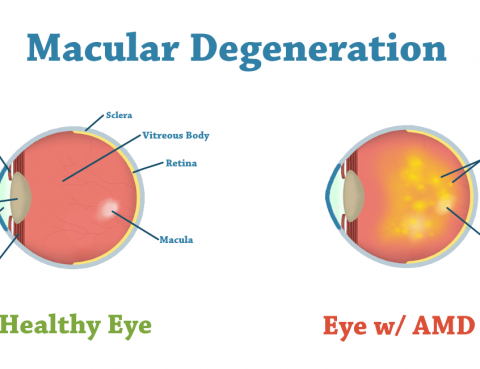
Age-related macular degeneration (AMD) is an eye disease that may get worse over time. It’s the leading cause of severe, permanent vision loss in people over the age of 60. It happens when the small central portion of the retina, called macula, wears down. The retina is the light sensing nerve tissue at the back…

Bowel incontinence is the inability to control bowel movements that results in involuntary bowel movements (fecal elimination). This can range from an infrequent involuntary passage of small amounts of stool to a total loss of bowel control. It’s a common problem, especially among older adults. Accidental bowel leakage is usually not a serious medical problem….
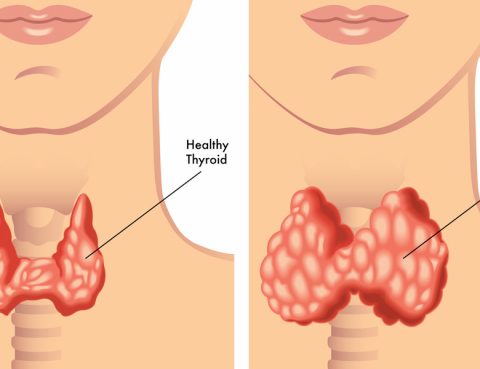
Hypothyroidism (underactive thyroid) is a condition in which the thyroid gland doesn’t produce enough of certain crucial hormones. Hypothyroidism may not cause noticeable symptoms in the early stages. Over time, untreated hypothyroidism can cause a number of health problems, such as obesity, joint pain, infertility and heart disease. Symptoms The most common signs and symptoms…
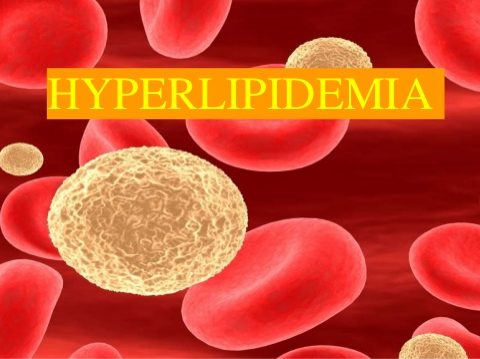
High cholesterol or Hyperlipidemia is a common problem. The term covers several disorders that result in extra fats, also known as lipids, in the blood. Some of its causes can be controlled, but not all of them. The two major types of lipids (fats) found in the blood are triglycerides and cholesterol. Triglycerides are made…

Almurshidi Medical Tourism Agency always welcomes you to receive the medical services in our hospital. However, to travel to Thailand, you must apply for the certificate of entry from the Royal Thai embassy in your country of residence. The patient and attendant (s) must be quarantined for 14 days upon arrival to comply with the…
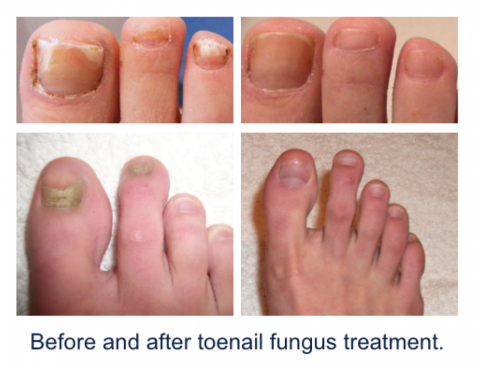
Fungus infections can affect any part of the body. Fungi are normally present in and on the body alongside various bacteria. But when the fungus begins to overgrow, the person can get an infection. Nail fungus is a common condition that begins as a white or yellow spot under the tip of the fingernail or…
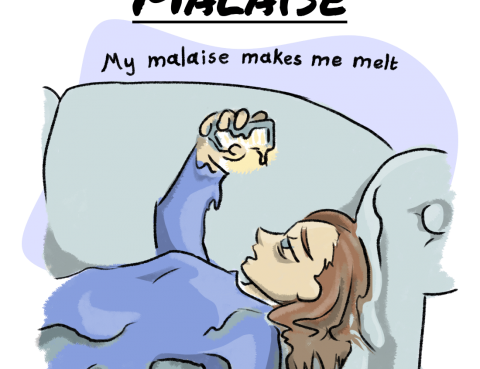
Malaise is described as any of the following; A feeling of overall weaknessA feeling of discomfortA feeling like having an illnessSimply not feeling well It often occurs with fatigue and an inability to restore a feeling of health through proper rest. Depending on the cause, malaise can start slowly or hit suddenly. Scores of illnesses…

Refractive errors are a type of vision problem that makes it hard to see clearly. They happen when the shape of the eye keeps light from focusing correctly on the retina (a light-sensitive layer of tissue in the back of the eye). The most common types of refractive error are; Near-sightedness – results in far…

Catarrh is an inflammation of mucous membranes in the airways, and typically affects the back of the nose, the throat or the sinuses. Doctors sometimes refer to catarrh as postnasal drip. Often, catarrh is the result of an intermittent or temporary illness, such as an allergy or cold. It’s often temporary, but some people experience…
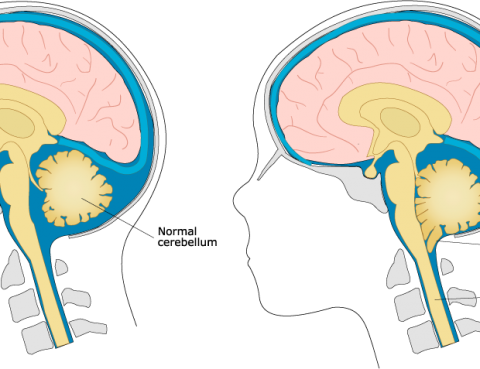
Chiari malformation is a condition in which brain tissue extends into the spinal canal. It occurs when a part of the skull is abnormally small or misshaped, pressing on the brain and forcing it downward. Chiari malformation are structural defects in the cerebellum. It is the part of the brain that controls balance. Types Doctors…
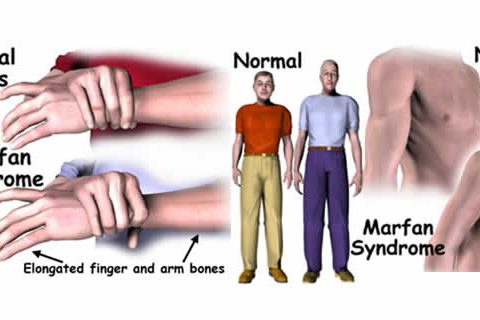
Marfan syndrome is an inherited connective tissue disorder that affects normal body growth. Connective tissue provides support for the skeletal structure and all the organs of the body. Any disorder that affects the connective tissue, such as Marfan syndrome, can affect the entire body, including the organs, skeletal system, skin, eyes, and heart. One of…
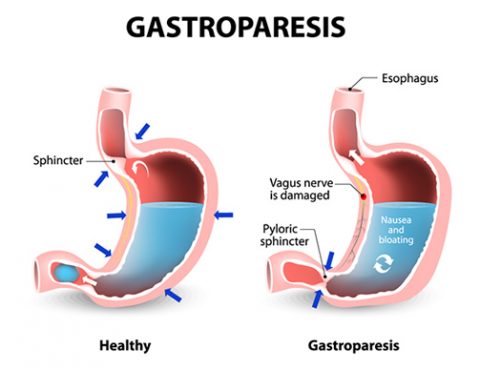
Gastroparesis is a disease in which the stomach cannot empty itself of food in a normal way. It is a condition that affects normal spontaneous movement of the muscles (motility) on the stomach. Usually, strong muscular contractions propel food through the digestive tract. But if a person has gastroparesis, their stomach’s motility is slowed down…
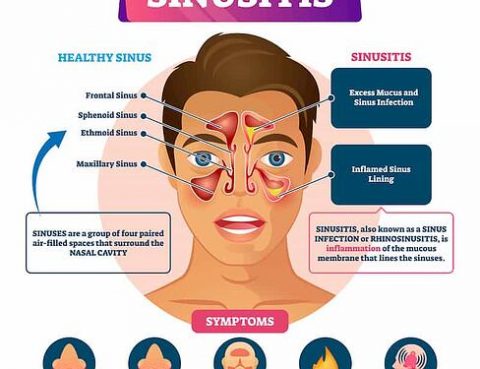
Sinusitis is a common inflammation of the paranasal sinuses, the cavities that produce the mucus necessary for the nasal passages to work effectively. If the Sinus Passages become blocked and filled with fluid, germs can grow and cause an infection. Conditions that can cause sinus blockage include; The common cold Allergic rhinitis, which is swelling…
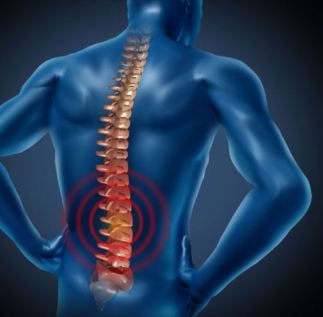
Arachnoiditis is a neurological condition that causes pain in the back, perineum (the space between the genitals and the rectum), legs, arms, and feet. Arachnoiditis can also affect a person’s vision, sight and mobility. Types Doctors classify arachnoiditis into several subtypes. Knowing the type of arachnoiditis a person has can aid in predicting symptoms. Types…
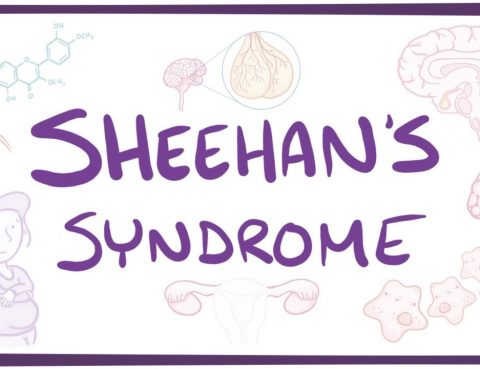
Sheehan’s syndrome is a condition that affects women who lose a life-threatening amount of blood in childbirth or who have severe low blood pressure during or after childbirth, which can deprive the body of oxygen. This lack of oxygen that causes damage to the pituitary gland is known as Sheehan’s syndrome. The pituitary gland sits…
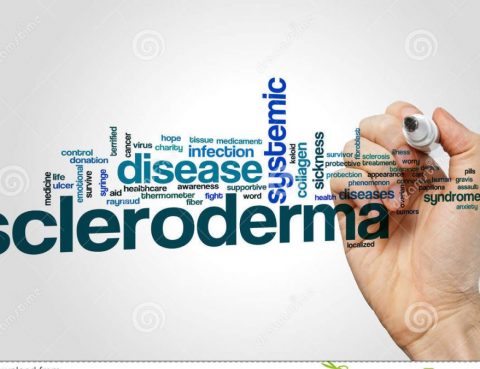
Scleroderma is a long-lasting disease that affects the patient’s skin, connective tissue, and internal organs. It happens when the patient’s immune system causes the body to make too much of the protein collagen, an important part of the skin. As a result, the skin gets thick and tight, and scars can form on the lungs…
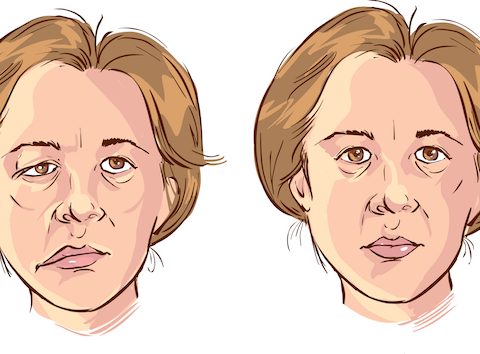
Myasthenia gravis (MG) is a neuromuscular disorder that causes weakness in the skeletal muscles, which are the muscles that the body uses for movement. It occurs when communication between nerve cells and muscles becomes impaired. This impairment prevents crucial muscle contractions from occurring, resulting in muscle weakness. Myasthenia gravis is an autoimmune disease. The body’s…
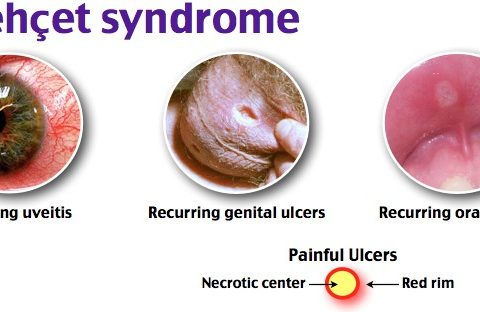
Behcet’s disease, also called Behcet’s syndrome, is a rare disorder that causes blood vessel inflammation throughout the body. The disease can lead to numerous signs and symptoms that can seem unrelated at first. They can include mouth sores, eye inflammation, skin rashes and lesions, and genital sores. Behcet’s disease is a chronic condition. The severity…
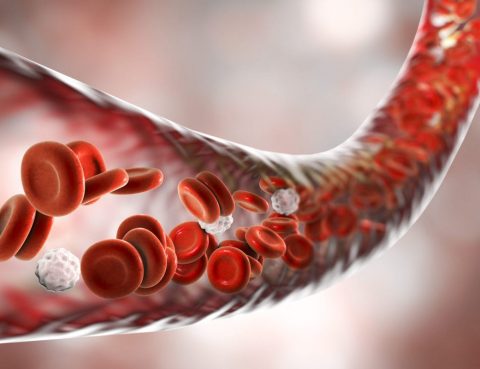
Blood poisoning is a serious infection. It occurs when bacteria are in the bloodstream. Despite its name, the infection has nothing to do with poison. Although not a medical term, “blood poisoning” is used to describe bacteremia, septicemia, or sepsis. Sepsis is a potentially life-threatening medical condition that’s associated with an infection. It is a…

Progeria, also known as Hutchinson-Gilford progeria syndrome (HGPS), is a rare genetic condition that causes a child’s body to age fast. Most kids with progeria do not live past age 13. The disease affects both sexes and all races equally. It affects about 1 in every 4 million births worldwide. Children with progeria generally appear…
